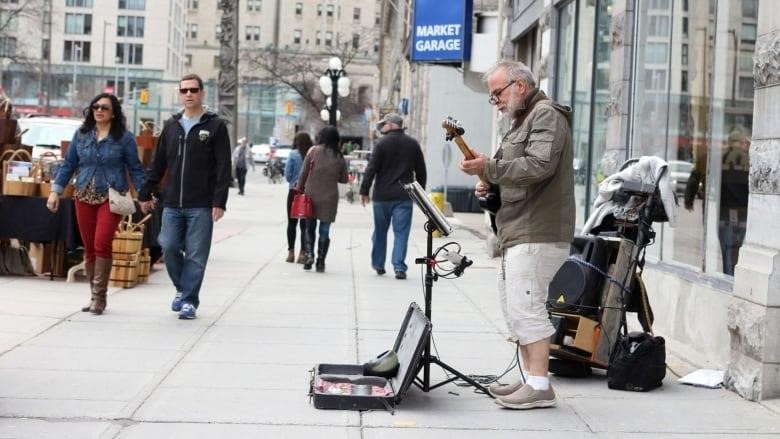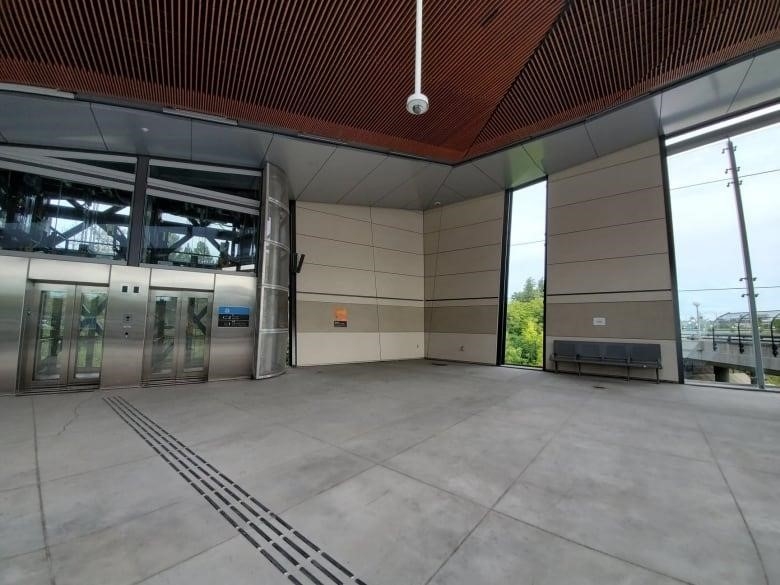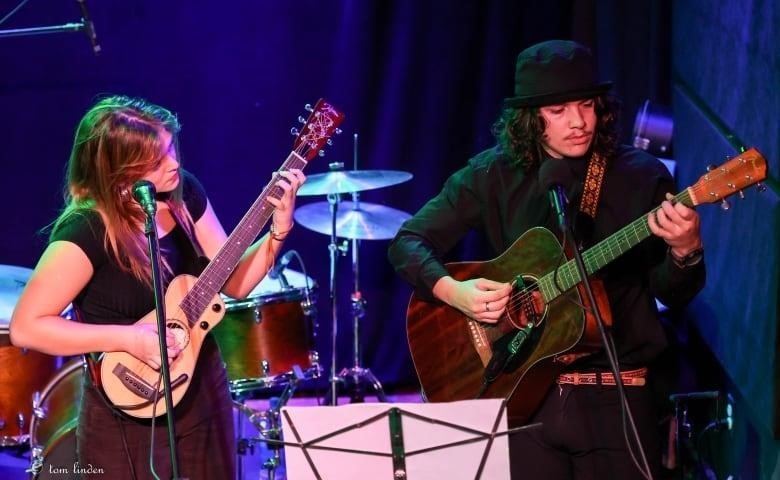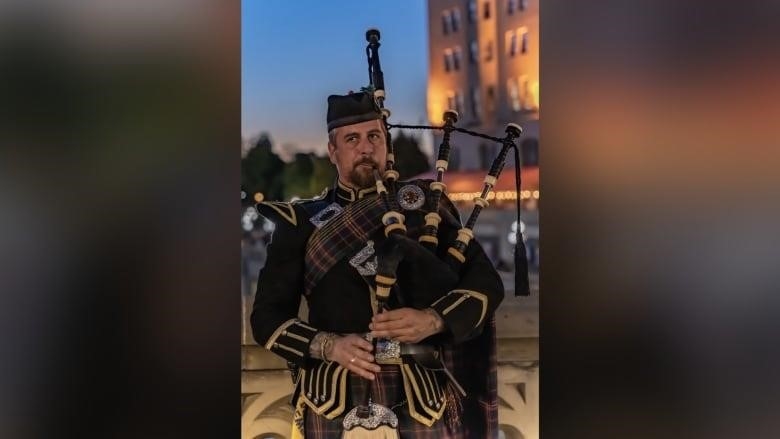
Three years after COVID stopped the original program, O-Buskers would begin in the late spring
The city of Ottawa wants to bring more life to its LRT stations by bringing back a busking program that was put on hold three years ago because of the pandemic.
At the beginning of 2020, the city asked buskers to apply to play at Confederation Line stops. The program was supposed to start in the spring of 2020, but the COVID-19 pandemic stopped everything at that time.
Three years later, Ottawa is putting out a new call for O-Buskers.
“The goal of the program is to honor our local artists and give them a chance to show off their skills in all of our stations,” said Scott Laberge, a city transit worker.
Laberge said that music is the city’s main focus.
Each year, artists can send in applications that will be looked over by a committee of local musicians and industry professionals. The committee will then recommend up to 50 performers.
Laberge said that before the pandemic started, the city had held auditions for the original program, and 31 people were chosen. The city will let those artists know about the renewed program, and they will have until March 31 to decide whether or not they want to take part.

Laberge said that buskers can play at every Confederation Line station except Cyrville, which is too small.
Each eligible station will have a specially marked area where buskers can perform that should not affect riders. Laberge said that the places were chosen to be safe and are in well-lit areas.
For safety reasons, each busker will be given a photo ID that they have to wear while they perform. Buskers can also ask for tips, but they can’t get in the way of other people or make it hard to walk.
Local performers excite
Some artists are happy that the program is back so they can show off their work and get more attention.
Duncan Travis, who is in the reggae band Aurora’s Reef, says that the program is helpful for musicians of all skill levels.

A few months ago, the band moved from southern Ontario to Ottawa. Travis said it’s “quite hard” to break into the local music scene.
“I would get exposure from the program that I couldn’t get from anything else in the city. It’s hard for musicians to start out, especially in bigger cities,” “he said.
Nico Gravel, a bagpiper, said that even though it’s hard for him to play in a small space like an LRT station, the program is “brilliant.”
Gravel said, “That really brings music and culture to the underground.” “People get to listen to some great musicians while they wait.”

Bouncing back post-pandemi
Given how hard the pandemic has been on artists and music workers, the executive director of the Ottawa Music Industry Coalition said that public spaces that can include music are “definitely right up our alley.”
Melanie Brulée said, “We know that music is both a great cultural driver and good for mental health.” “It’s also a great economic driver.”
She did bring up some important points, such as the cost of living. She said that making money by busking can be hard to predict and that her coalition wants artists to be paid fairly for gigs.
Brulée also said that there is a benefit “for the artist as much as there is for the audience” when it comes to music in public places.
“It is a very important part of making Ottawa a music city.”
The deadline for buskers to apply to the program is April 6.
